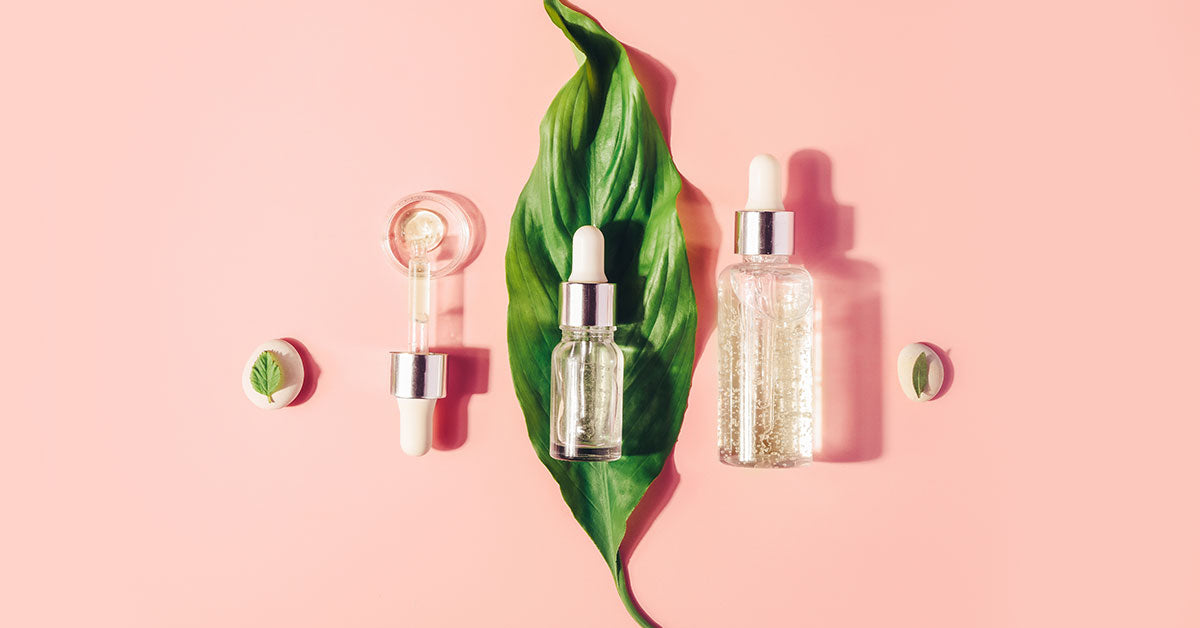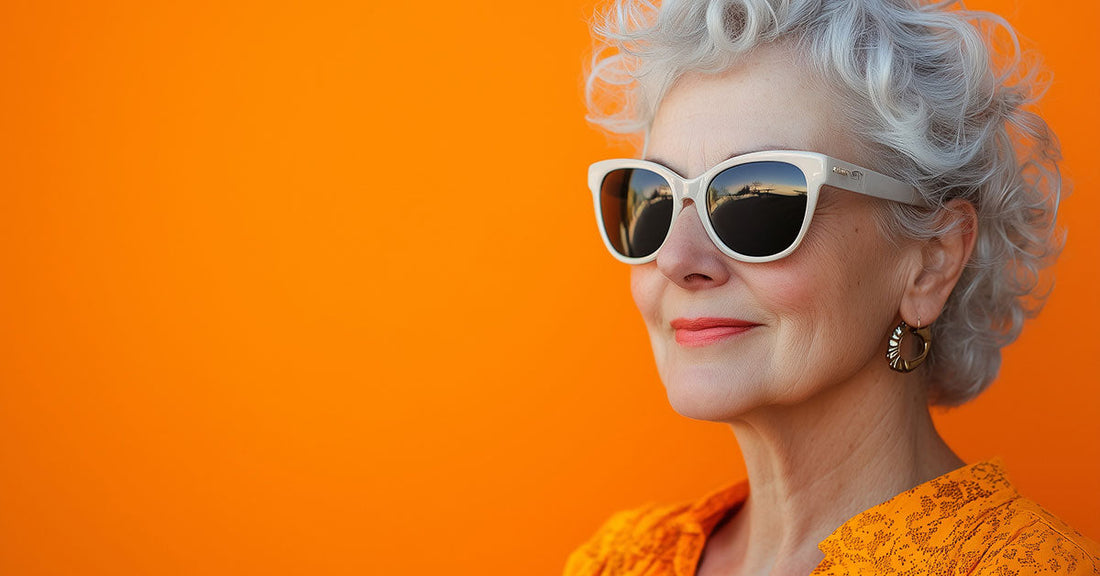In the battle for healthy skin Retinol is a wonderful medicine and a great tool. It's been touted as a wonder drug by many of its users, one of them going so far as to call it an “anti-aging miracle worker”. Although that statement carries more than its own share of hyperbole, it obviously reflects the sentiment of someone who appreciates a product that comes as advertised. Because they deliver on many of their claims, Retinol-based remedies are plentiful and come in several varieties. There are over the counter (OTC) and prescription products. They're used to treat wrinkles, acne, aging and a host of other problems. Retinol has earned its place in the ranks of skincare treatments, and plays a crucial role in the daily routine of millions.
What Is Retinol?
Properly speaking, Retinol is a version of a retinoid, which are compounds derived from Vitamin A. Retinoids can be used effectively in anything from eye creams, night moisturizers, serums or skin creams. Retinol is one of the OTC versions of retinoids. Retinol is known to help skincare overall and is the most potent of the non-prescription retinoids.
How Does Retinol Work?
Retinol acts as an exfoliant on the skin's outer layer, the epidermis. This keeps the skin appearing undamaged and clear. The exfoliating action helps with hydration, as well as overall moisturizing. That gives the skin a sheen and a healthy coloring.
The molecules of Retinol are small enough to effectively travel beneath the skin's top layer to the skin's middle layer, the dermis. At the dermal layer Retinol encourages collagen and elastin creation.
This simultaneously strengthens the skin and makes it more supple. The healthy growth fills in areas that would appear as lines or cracks in the skin. Retinol helps to close open pores that let in dirt and disease.
It prevents the creation of chemicals that cause skin mottling and discoloration. Retinol's combination of removing bad skin cells and helping to create new ones is the perfect formula for maintaining healthy skin.
Why Should You Use Retinol?
Retinol is excellent for treating a number of ailments and conditions. Some of the more commonly treated problems are:
- Wrinkles
- Acne
- Skin Pigment Issues
- Age Spots
- Lines
- Firming
Retinol can dry the skin, and it makes skin sensitive to light. Using sun block is suggested to prevent burns or other sun-exposure problems. A large number of retinol users apply the compound overnight to avoid these difficulties. If you must use retinol during the day it's suggested that you avoid direct sunlight as much as possible.
In nearly all cases it's suggested you use retinol everyday to achieve good results. Retinol isn't a magic potion; it's a vitamin-based treatment. Just like daily oral vitamin supplements, retinol performs best when you keep to a schedule.
What Are The Differences Between OTC and Prescription Retinol?
The difference between over the counter and prescription forms of retinol is mainly one of potency. As expected, a prescribed retinol treatment is very potent and should only be used with the guidance of a physician. OTC retinol is perfectly safe, but it must be used with caution. Just as you wouldn't be cavalier with over the counter eye drops, you shouldn't take retinol lightly either.
Is It Necessary To Talk To A Doctor?
It's always a good idea to talk to a doctor if you plan to take any medicine long-term. A physician may have suggestions you hadn't considered. It's also possible they may notice something that can help you or save you trouble later. If you have an acute problem, like terrible acne or eczema, you may start in the prescription world, then move to OTC as the doctor sees fit. If you don't see results after several months of retinol use, a doctor could prescribe a stronger dose, or guide you to a better retinol product. Use your best judgment and always consult a physician if you have any doubts that you can't answer on your own.
What Are Retinol's Side Effects?
Like any effective drug, retinol can be harmful if used improperly. It can produce dryness, redness and irritation in some people. Because it's strong medicine, sometimes these effects manifest themselves until your skin is used to the retinol. If the bad effects don't subside, then of course you should discontinue using retinol altogether. People are cautioned not to mix different skincare treatments if they can help it. Several products may contain retinol. Consumers should check their labeling to avoid over doing it.
Pregnant women, or women who intend to get pregnant, should not take retinol. It can cause pregnancy complications and birth defects. Depending upon the use, some women choose to delay pregnancy until their retinol regimen is done.
Simple Takeaway
Whatever reason you have for using retinol, it's a proven remedy for many skincare issues. The substance is FDA approved. It's potent yet still very safe. Whether its properties are miraculous to you or simply effective, it’s a treatment that's worth looking into.





